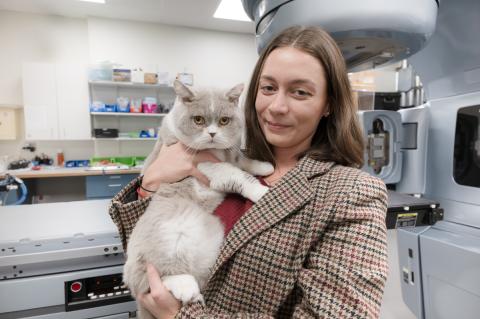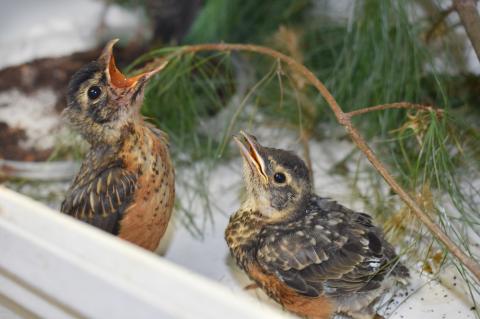Cummings School of Veterinary Medicine at Tufts University is located on a 600-acre campus in North Grafton, Massachusetts, with veterinary clinics in Worcester, Massachusetts and Woodstock, Connecticut. We are a diverse and inclusive community, committed to serving the needs of Massachusetts and New England through education, research, clinical care, and service to the community.
Our comprehensive Doctor of Veterinary Medicine (D.V.M.) program allows students to explore a full range of career pathways, including research, industry, international veterinary medicine, public health, and animal welfare, ethics and policy.
Seven teaching hospitals and clinics care for more than 100,000 animals annually. Students are part of care teams where large caseloads provide excellent learning opportunities in primary care, herd health, and advanced specialty care for companion animals, exotic and zoological species, small ruminants, and horses.
Our research programs range from infectious diseases such as Lyme disease and avian flu to drug addiction to heart disease and cancer in our companion animals. Our clinical trials continue to push for solutions to animal and human cancer, and other diseases. Our outstanding faculty continue to be recognized for their contributions to advancing animal and human health.
With a commitment to One Health, we’ve been contributing to the advancement of veterinary medicine, animal and human health, and research for nearly 50 years.




